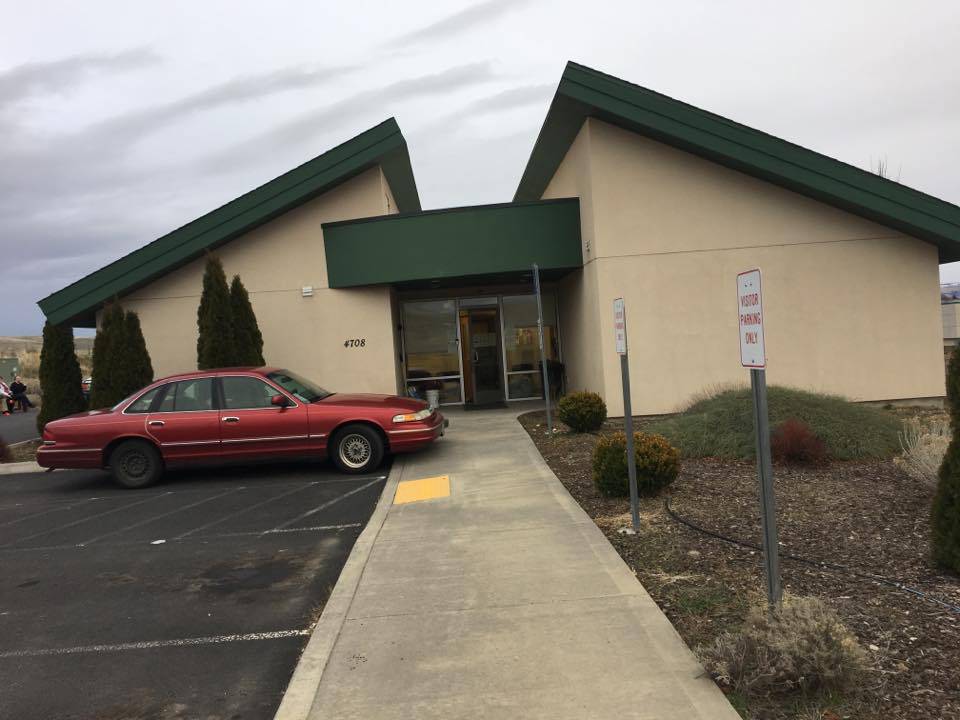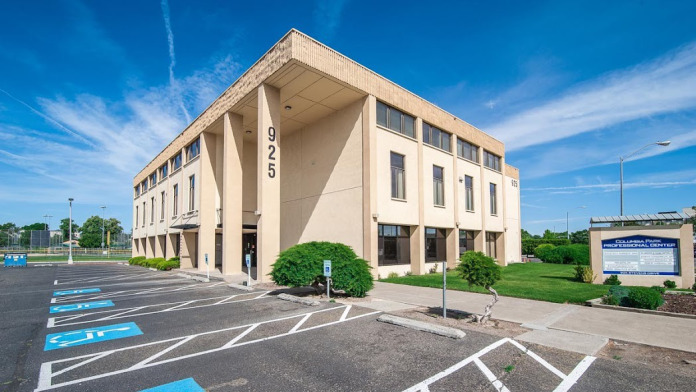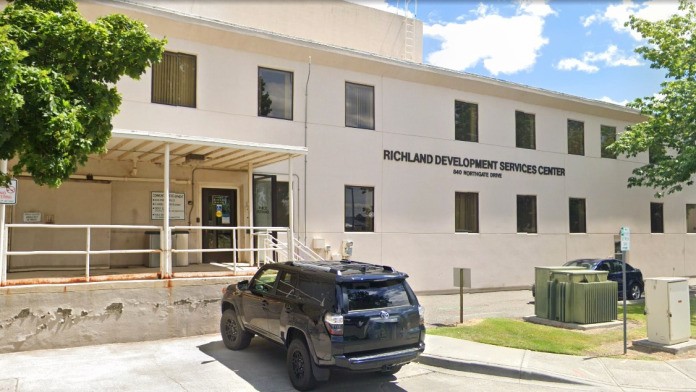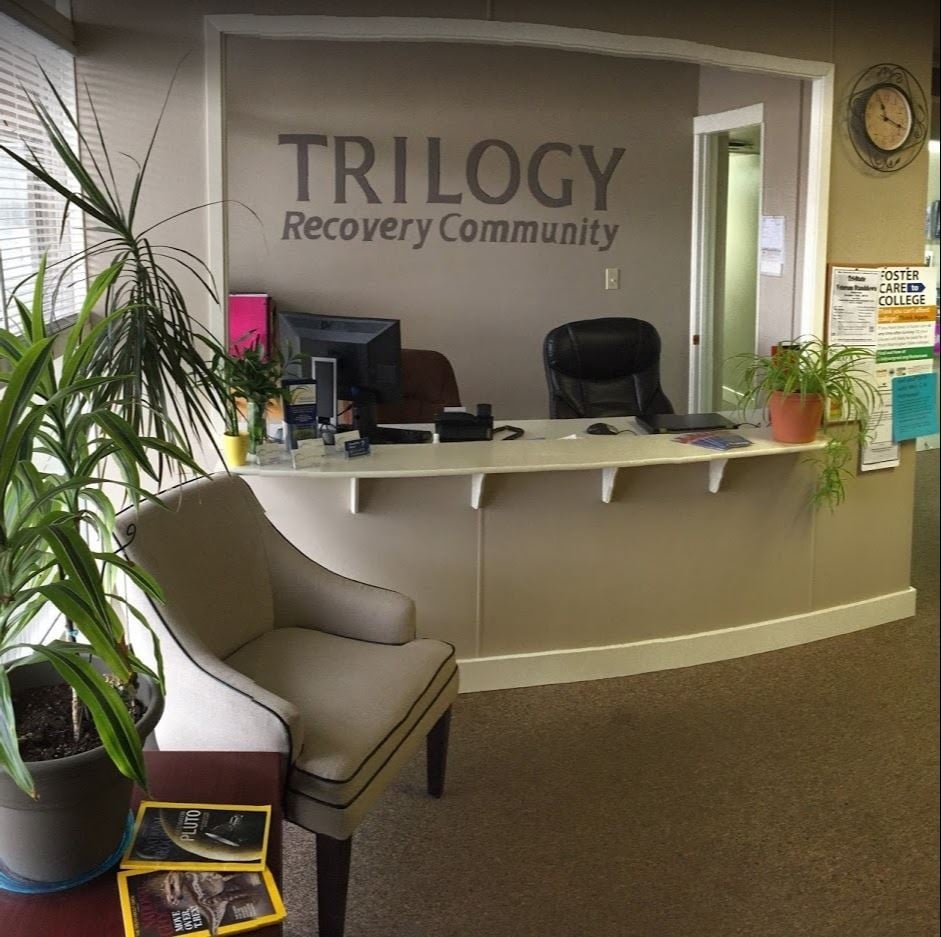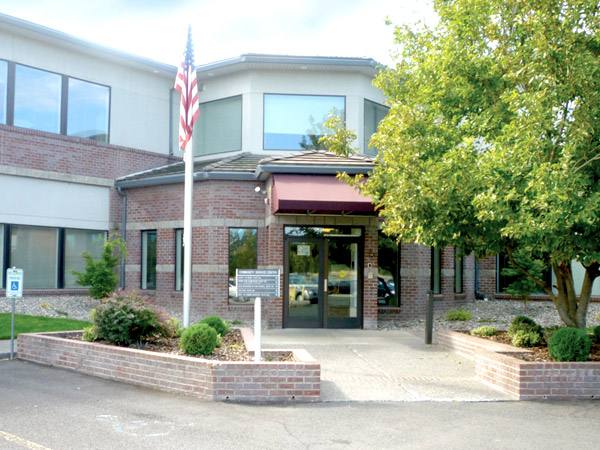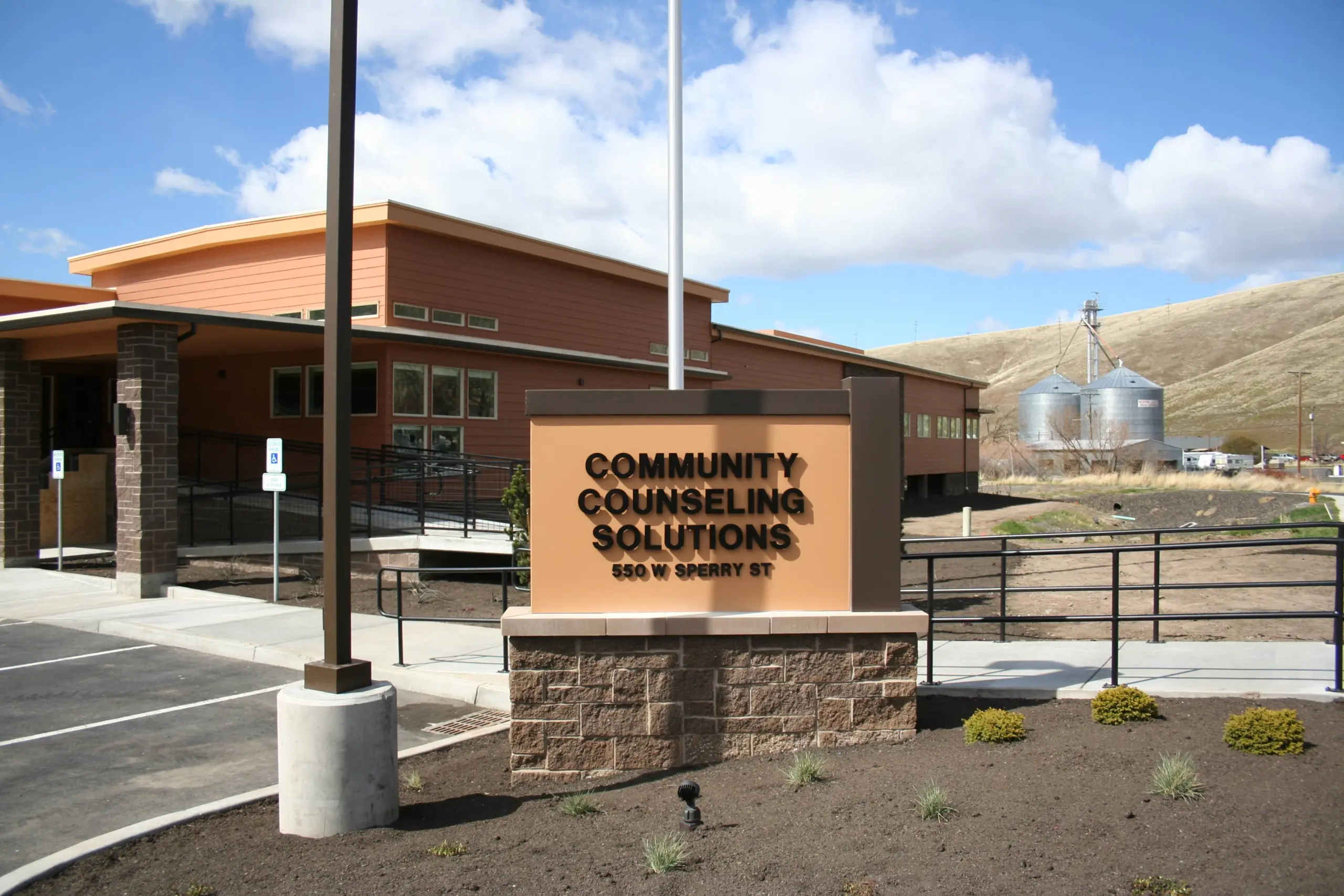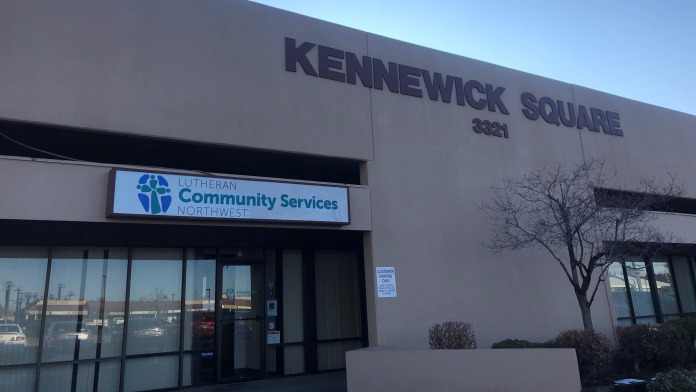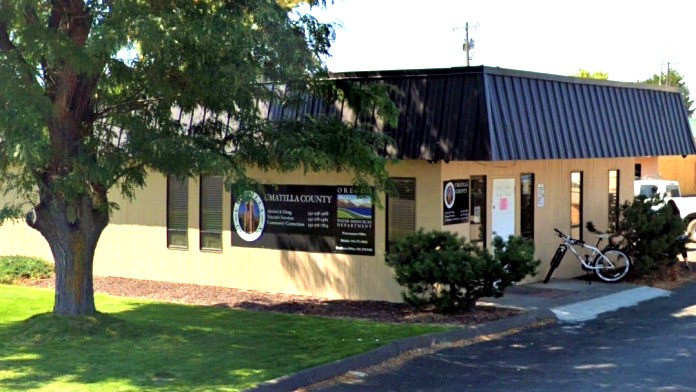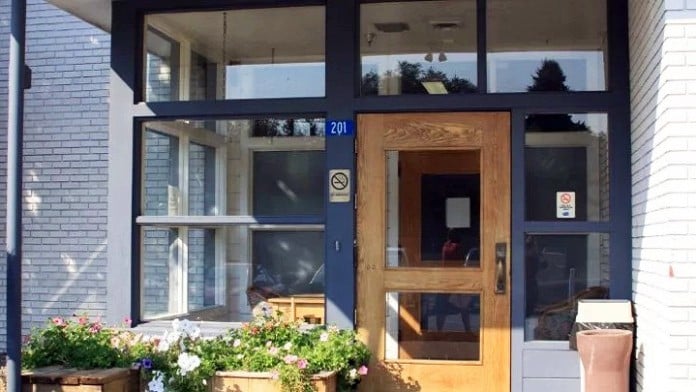What an outstanding experience at Eastern Oregon's, I enjoyed talking to my counselor, she actually seemed to care about her patients unlike some of my past counselors at other facilities, there is a structured program to follow that helps you to stay sober! I would recommen ...
About Eastern Oregon Alcoholism Foundation
Eastern Oregon Recovery Center (EORC) has provided quality and effective substance use treatment for adults in Eastern Oregon for at least 63 years. Their program fosters independence, general wellbeing and a sense of purpose among individuals and families in the community where they serve. They use trauma-focused and strength-based techniques to help clients achieve lasting healing across their care continuum. This includes medically monitored detoxification and residential treatment. EORC is fully licensed by the state of Oregon and has multiple clinics offering a variety of programs. This location at Hailey Avenue in Pendleton is the main office where you can connect to the other services.
Supervised Withdrawal Management and Intensive Treatment
You may be a good fit for their supervised withdrawal if you’re dealing with severe substance use disorder. They have a 10-bed highly structured detox facility at Pioneer PI in Pendleton, about 3.5 miles from the main office. You’ll be evaluated for withdrawal symptoms prior to medically monitored detox.
Detox here involves 24/7 monitoring by experienced clinicians or nurses. These experts may offer medication and therapeutic support to assist you through the withdrawal management period. The goal is to ensure that your withdrawal is safe and as comfortable as possible.
A Full Continuum of Care for Addiction Recovery
After detox, you can continue your recovery via their 36 bed residential rehab. This program involves a detailed substance use assessment, personalized treatment planning and intensive evidence-based therapy using trauma-informed techniques.
You can further step down to their transitional housing facility after the residential program to build independent living skills necessary for lasting sobriety and successful reintegration into the community. This continuum of care ensures well-rounded and sustained recovery.
Keep in mind that EORC maintains strict rules that must be adhered to in their program. You’re not allowed to bring visitors of any kind, including family members, to the facility. You’re also not allowed to attend outside events, including 12-step meetings, church events, picnics, or even go outside shopping. Many other rules exist. It’s worth reaching out to them to get a better picture.
Recovery In Serene Pendleton
Pendleton is known for its rich history, particularly related to Umatilla County and the famous Pendleton Woolen Mills. The city has a calm and rural vibe with a small-town atmosphere. You can seamlessly access this office from Portland, Boise and La Grande via the I-84 corridor. Folks from Hermiston can link to the address directly via US-395. The area is served by both Eastern Oregon Transit and Greyhound Bus, so getting here won’t be much of an issue.
Facility Overview
Latest Reviews
Rehab Score
Location
Accepted Insurance
Other Forms of Payment
Medicaid is a state based program that helps lower-income individuals and families pay for healthcare. Medicaid covers addiction treatment so those enrolled can use their coverage to pay for rehab. When a program accepts Medicaid the client often pays very little or nothing out of their own pocket.
Private insurance refers to any kind of healthcare coverage that isn't from the state or federal government. This includes individual and family plans offered by an employer or purchased from the Insurance Marketplace. Every plan will have different requirements and out of pocket costs so be sure to get the full details before you start treatment.
Self-pay involves paying for treatment out of your own pocket. You can use savings or credit, get a personal loan, or receive help from family and friends to fund your treatment. If you don't have insurance or your insurance plan doesn't cover a specific program, self-pay can help ensure you still get the care you need.
Financial aid can take many forms. Centers may have grants or scholarships available to clients who meet eligibility requirements. Programs that receive SAMHSA grants may have financial aid available for those who need treatment as well. Grants and scholarships can help you pai for treatment without having to repay.
Sliding scale payments are based on a client's income and family size. The goal is to make treatment affordable to everyone. By taking these factors into account, addiction recovery care providers help ensure that your treatment does not become a financial burden to you or your family, eliminating one barrier to care.
Addiction Treatments
Levels of Care
Outpatient Programs (OP) are for those seeking mental rehab or drug rehab, but who also stay at home every night. The main difference between outpatient treatment (OP) and intensive outpatient treatment (IOP) lies in the amount of hours the patient spends at the facility. Most of the time an outpatient program is designed for someone who has completed an inpatient stay and is looking to continue their growth in recovery. Outpatient is not meant to be the starting point, it is commonly referred to as aftercare.
Intensive Outpatient Programs (IOP) are for those who want or need a very structured treatment program but who also wish to live at home and continue with certain responsibilities (such as work or school). IOP substance abuse treatment programs vary in duration and intensity, and certain outpatient rehab centers will offer individualized treatment programs.
Residential treatment programs are those that offer housing and meals in addition to substance abuse treatment. Rehab facilities that offer residential treatment allow patients to focus solely on recovery, in an environment totally separate from their lives. Some rehab centers specialize in short-term residential treatment (a few days to a week or two), while others solely provide treatment on a long-term basis (several weeks to months). Some offer both, and tailor treatment to the patient's individual requirements.
Sober Living Houses (SLHs), aka sober homes or halfway houses, are safe, substance-free, supportive living facilities for those recovering from substance abuse. Ideal for those who've just been through inpatient or outpatient treatment, SLHs are supervised environments with rules that support sobriety, such as curfews, shared chores, and therapeutic meetings. Residents are also often trained on life skills and coping skills to make it easier to transition into society. SLHs also provide a strong sense of community that can lead to the kind of deep and lasting connections with other sober individuals that supports a new, healthy lifestyle.
Treatments
The goal of treatment for alcoholism is abstinence. Those with poor social support, poor motivation, or psychiatric disorders tend to relapse within a few years of treatment. For these people, success is measured by longer periods of abstinence, reduced use of alcohol, better health, and improved social functioning. Recovery and Maintenance are usually based on 12 step programs and AA meetings.
Drug rehab in Oregon offers a full continuum of care for those struggling with addiction. From detox, to inpatient, to outpatient, to aftercare, Oregon residents can find the support they need for recovery. This treatment empowers individuals to replace drug use with positive alternatives and develop a healthier lifestyle.
Many of those suffering from addiction also suffer from mental or emotional illnesses like schizophrenia, bipolar disorder, depression, or anxiety disorders. Rehab and other substance abuse facilities treating those with a dual diagnosis or co-occurring disorder administer psychiatric treatment to address the person's mental health issue in addition to drug and alcohol rehabilitation.
Opioid rehabs specialize in supporting those recovering from opioid addiction. They treat those suffering from addiction to illegal opioids like heroin, as well as prescription drugs like oxycodone. These centers typically combine both physical as well as mental and emotional support to help stop addiction. Physical support often includes medical detox and subsequent medical support (including medication), and mental support includes in-depth therapy to address the underlying causes of addiction.
Substance rehabs focus on helping individuals recover from substance abuse, including alcohol and drug addiction (both illegal and prescription drugs). They often include the opportunity to engage in both individual as well as group therapy.
Programs
Adult rehab programs include therapies tailored to each client's specific needs, goals, and recovery progress. They are tailored to the specific challenges adult clients may face, including family and work pressures and commitments. From inpatient and residential treatment to various levels of outpatient services, there are many options available. Some facilities also help adults work through co-occurring conditions, like anxiety, that can accompany addiction.
Young adulthood can be an exciting, yet difficult, time of transition. Individuals in their late teens to mid-20s face unique stressors related to school, jobs, families, and social circles, which can lead to a rise in substance use. Rehab centers with dedicated young adult programs will include activities and amenities that cater to this age group, with an emphasis on specialized counseling, peer socialization, and ongoing aftercare.
Clinical Services
Group therapy is any therapeutic work that happens in a group (not one-on-one). There are a number of different group therapy modalities, including support groups, experiential therapy, psycho-education, and more. Group therapy involves treatment as well as processing interaction between group members.
Trauma therapy addresses traumatic incidents from a client's past that are likely affecting their present-day experience. Trauma is often one of the primary triggers and potential causes of addiction, and can stem from child sexual abuse, domestic violence, having a parent with a mental illness, losing one or both parents at a young age, teenage or adult sexual assault, or any number of other factors. The purpose of trauma therapy is to allow a patient to process trauma and move through and past it, with the help of trained and compassionate mental health professionals.
Staff
Colin Dumont
Executive Director
Darren Cole
Administrative Director
Al Baxter
Medical Director
Margaret Terry
Director
Kenneth Rush
Clinical Director
Contact Information
216 Sw Hailey Avenue
Pendleton, OR 97801

